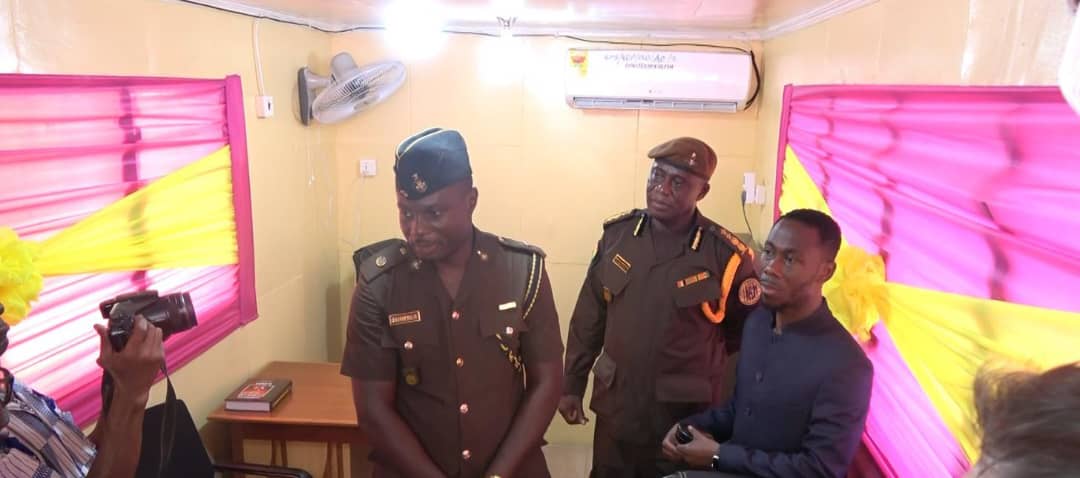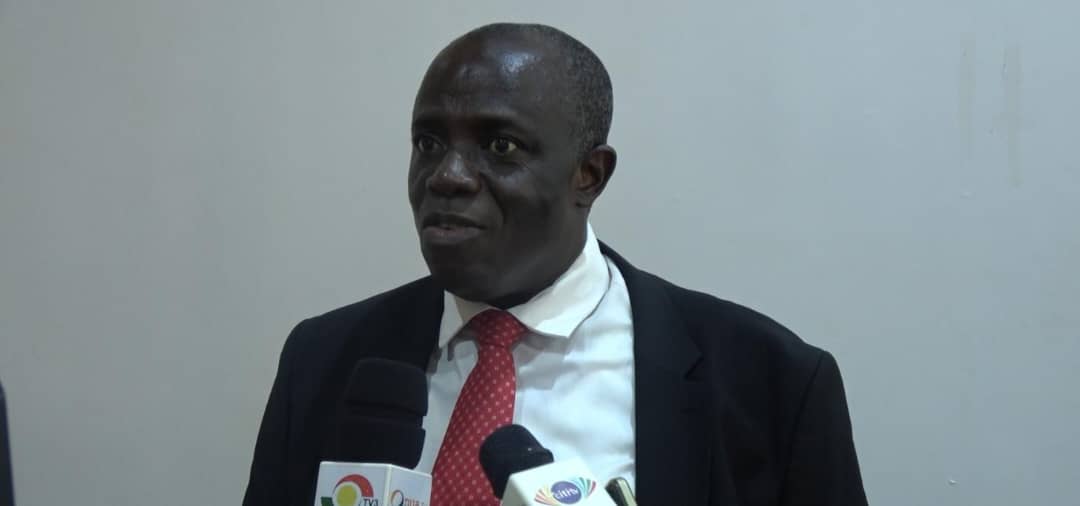
The population of the Kumasi Central Prison is nearly 1800, far exceeding the facility’s capacity of 600 spaces for inmates, as of Friday, April 26, 2024.
This situation is not different from other prisons across the country. Judges, legal practitioners, prison authorities, and various stakeholders have expressed concern about the rate of overcrowding, which results in the violation of the rights of both incarcerated and remanded prisoners.
Meanwhile, in 2008, Ghana took a significant step by introducing the Justice for All Program to adjudicate cases of remand prisoners, establishing mobile in-prison courts that offer free legal services for such inmates.

Justice Sir Dennis Dominic Adjei, a court of appeal judge who is also a judge of the African Court on Human and Peoples’ Rights, highlighted the limited number of lawyers and their inability to keep up with the growing number of prisoners.
 Justice Dennis Dominic Adjei
Justice Dennis Dominic Adjei
He emphasized the need for paralegal services to assist lawyers in justice delivery.
“It is a must that any person who is charged by a court must be represented by a lawyer, the African court has given several decisions against some countries such as Benin, Cote D’Ivoire, and Rwanda, the argument they put up is that we don’t have enough lawyers to meet the demands of accused persons. We must establish paralegal services in the country to support them. Some people languish in jail because they don’t have lawyers.”
These remarks were made during a workshop for justice sector actors on access to legal aid and the commissioning of a paralegal office organised by the POS Foundation under the sponsorship of GIZ in Kumasi.

The POS Foundation is a leading human rights civil society in Ghana. It has over the years partnered with the Ghana Prisons Service to successfully pilot the in-person paralegal program at Nsawam Medium Security Prison in 2018.